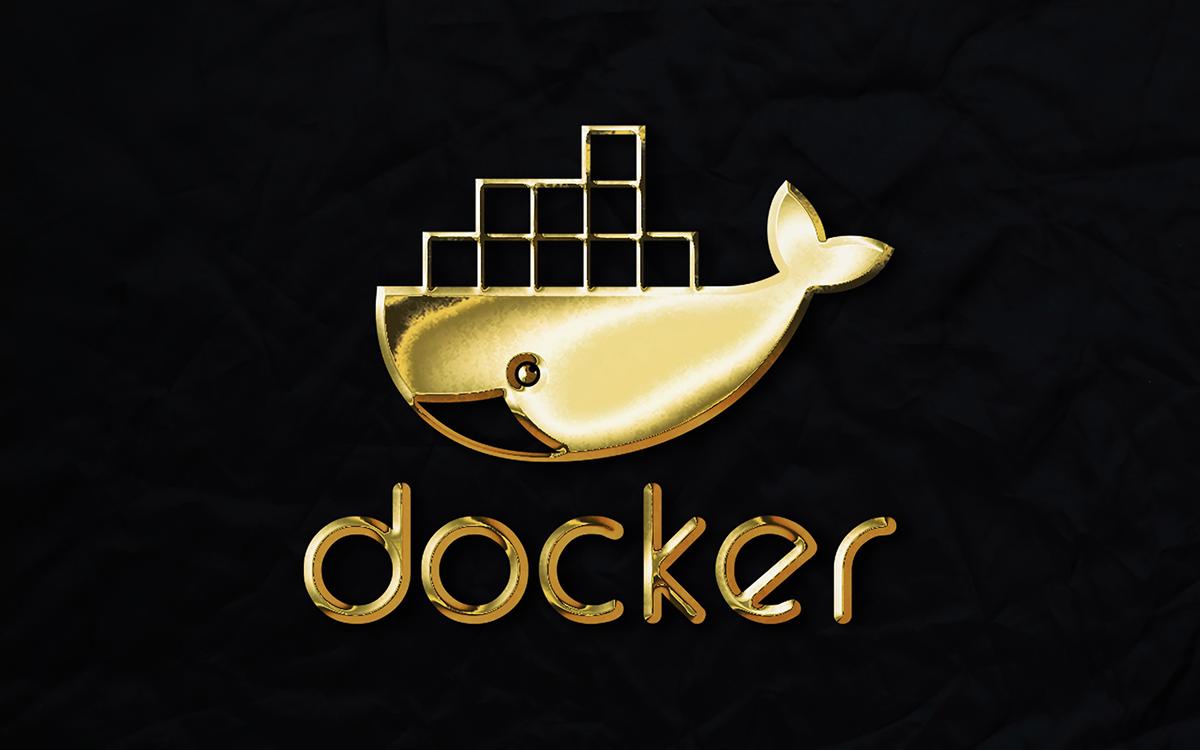Is Docker Open Source? The tech world reverberates with continuous innovations, and Docker, an open-source platform created to automate the deployment, scaling, and management of applications, is among the frontliners. Launched in 2013, Docker introduced a paradigm shift in software development and operations, offering a seamless way to package and ship applications within so-called ‘containers.’ This essay sheds light on Docker’s fascinating journey—how its core fundamentals have altered conventional perceptions, inspired a fervor among tech enthusiasts, and cemented its position in the software container world. Topics will delve into Docker’s open-source nature, its profound impact on enhancing automation processes, and a glance at its future in the technological arena.
Understanding Docker Basics
Docker: it’s the name echoing in the tech corridors, transcending the boundaries of jargon and transforming the software delivery landscape. So, what exactly is Docker, and why is it gaining such significant popularity within the tech realm? Simply put, Docker is an open-source platform that automates the deployment, scaling, and management of applications. It works through containerization – a lightweight alternative to traditional virtualization. This revolutionary technology packages an application and its dependencies into a virtual container that can run on any Linux server. This ensures that the application will run seamlessly, irrespective of any custom settings that the machine might have that could differ from the machine used for writing and testing the code.
The reasons behind Docker’s rise to fame are multifold. Foremost among these is its elegant solution to the time-old problem of applications running differently in different environments. Docker containers eliminate this “it works on my machine” headache by offering consistent environments, thus speeding up the process of designing, developing, and deploying software applications. In addition, Docker’s lightweight nature is a definitive edge for efficiency-seeking tech enthusiasts. Unlike traditional VMs that each require a full OS, Docker containers share the host system’s kernel, resulting in less overhead, quick start times, and efficient use of resources. Lastly, Docker’s popularity can be attributed to its powerful version control and component reuse features. With a Dockerfile, users can track versions of their application, revert to older versions, and port their settings across teams and machines, thereby simplifying application development and increasing productivity.
In the ecosystem of emerging tech tools, Docker shines brightly, offering a profound impact on software development and operation. It delivers instantly ready, robust, and repeatable environments, making it a darling of developers, system admins, and tech companies alike. Today, Docker is not just a tool; it’s a game changer in the realm of technology. Its skyrocketing popularity testifies to its potential, and more and more tech organizations are harnessing its power to streamline operations and enhance efficiency.
Is Docker Open Source? Docker as Open Source
Indeed, Docker stands tall as an open-source platform and is held in high regard by developers worldwide due to its transparency and the level of community collaboration. This open-source attribute is pivotal as it encourages collective inputs and makes room for enhanced creativity. It further facilitates a greater degree of flexibility in modifying, studying, distributing, and even sharing code modules with the tech community. In essence, this fosters problem-solving and accelerates vast innovation – hallmarks of a thriving technology ecosystem.
The implications of Docker being an open-source platform are immense. It unveils unparalleled opportunities for individual developers and tech companies alike to build upon it, imparting the liberty to customize and tune the software to their specific requirements. Given its large user community, issues get resolved swiftly, and improvements are suggested and implemented rapidly. This entire process fosters an environment where independent feedback and iterations help the platform itself to evolve and mature over time.
However, the open-source nature also presents its unique set of challenges, primarily pertaining to security and governance. Unlike proprietary tools, where access can be centrally controlled, any vulnerabilities in the Docker software could potentially be exploited by malicious entities. But, rest assured, Docker has implemented stringent guidelines and systems to scan for such vulnerabilities. Besides, being part of the vibrant Docker community inherently implies being part of the process of continuous detection, response, and mitigation of probable security risks. Therefore, while Docker is truly open-source, this status comes with both game-changing capabilities and considerable responsibilities.
Docker’s Impact on Automation
Diving further into Docker’s transformative features, the open-source nature of this platform has been instrumental in reshaping automated problem-solving within the technology sector.
In the traditional sense, open-source software offers a level of transparency that encourages collaboration, engendering a robust community where issues are detected and resolved swiftly.
Docker elevates this by presenting an inclusive environment that enables tech enthusiasts to actively participate, offer feedback, iterate, and most importantly, customize solutions based on distinct needs.
This not only accelerates improvements but also infuses a sense of flexibility that proprietary software generally lacks.
A pivotal aspect is Docker’s proactive approach to security, an issue that’s often highlighted in the open-source space.
Given its mass adoption, the platform is an attractive target for adversaries.
However, Docker has taken significant steps to counteract potential pitfalls.
It has stringent guidelines and systems in place for vulnerability scanning, tethered with continuous detection mechanisms.
Docker’s commitment to mitigate security risks is notable; it pulls users forward with the assurance that it is as dedicated to their security needs as they are for automation and efficiency.
Finally, the role Docker plays as an open-source platform goes beyond simple functionality.
It is a torchbearer, exemplifying game-changing capabilities.
It embodies the principle that technology is a collaborative effort, where problems are solved, and advancements are made by the many, not just the one.
It proves that open, shared innovation doesn’t mean reduced control or security – rather, it represents the power to blaze one’s own trail in the tech landscape.
Docker not only provides a path to automation and efficiency, but it does so by fueling a culture of joint problem-solving and shared success.

The Future of Docker
With the profound influence that Docker wields in the technology industry, its future has garnered considerable attention. As an open-source platform, Docker distinguishes itself not just through its powerful features but also the ethos it embodies: transparent, collaborative, and impelled by a community of developers collectively driving the innovation wheel.
Open-source software, as typified by Docker, is synonymous with exponential improvements and dexterity in molded solutions. It enables a prolific exchange of insights, with Docker’s large and vibrant community playing a pivotal role in swift issue resolution and leveraging feedback to fuel continual enhancements. This agility, customization potential, and iterative development are highly potent for both developers and tech companies, unlocking avenues for venturing beyond standard, off-the-shelf solutions.
Docker’s open-source nature, however, does raise security concerns. As Docker expands, so does its exposure to potential security breaches, making it an inviting target. However, Docker is noteworthy in its proactive security emphasis. The platform’s guidelines for vulnerability scanning, a robust system for continuous detection, immediate response, and risk mitigation ensure that security is never compromised. Rather than viewing security as an inhibitory challenge, Docker transforms it into an opportunity for reinforcing trust in the open-source community.
This dynamic open-source platform truly embodies the spirit of technology as a shared venture. The Docker community is a manifestation of this ethos, promoting a cooperative environment where problem-solving is fostered collectively. Docker’s future appears to be entwined with further influencing the technology landscape, encouraging a culture of shared success and joint solvability. It stands as a bastion of open, shared innovation that, even while gaining momentum, never compromises on control or security. Docker’s journey signifies that the power to effect game-changing shifts lies not just within the technology itself but the collective minds that drive its evolution.
The groundbreaking contributions of Docker to software development are undeniable. With its open-source model inviting a unified effort towards refining its potential, Docker is poised to bring about further impressive changes in the technological landscape. Its facilitation of automation has set a new standard in productivity and efficiency within and beyond the tech industry. As Docker continues to shape the future, one can only expect it to adapt and evolve, consistently pushing the boundaries of what is possible in the software container realm. Therefore, staying updated with Docker’s progression is not just essential for tech enthusiasts but for anyone keen on understanding the trajectory of digital innovations.
